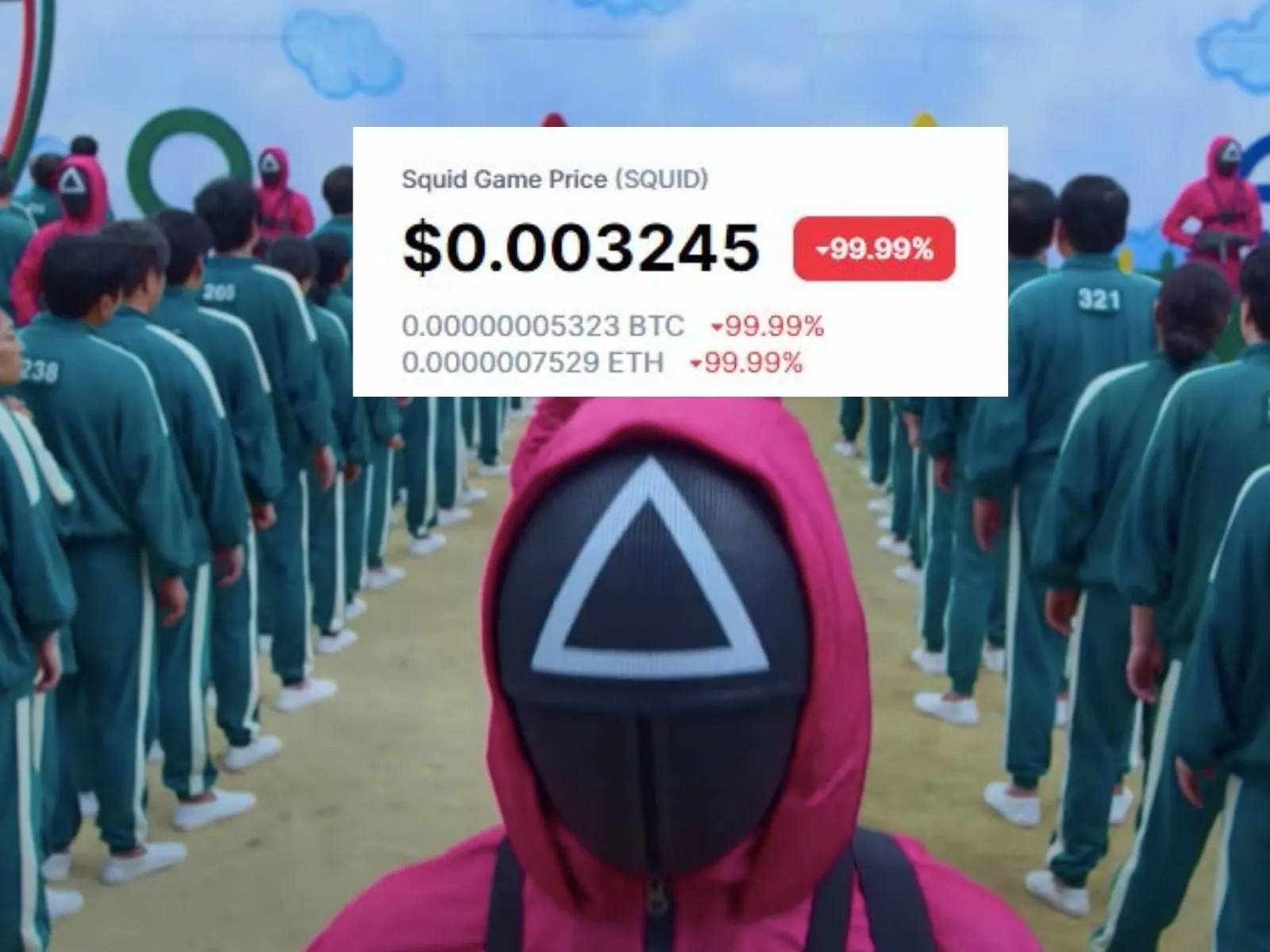FOMO syndrome affects the cryptocurrency economy
FOMO is a common syndrome among investors, including those in the crypto market, but do you know what it is and how it affects the cryptocurrency economy?

At some point in our lives, we all create some kind of a hobby for some activity, tv-show, sport, etc. And we want to participate, watch or know about everything related to it.
Just like when it’s the year of a football world cup and we don’t want to miss anything, so we watch all the matches, follow the results, the standings, the predictions, we make betting pools… in short: “we are in everything so as not to be left out”. This is very similar to the FOMO or “Fear Of Missing Out” syndrome, which is nothing more than the fear of missing out on something or being left out. And that fear drives us to participate in any way.
But this term is also applicable in other areas, such as the cryptocurrency economy. That is why in this article I will tell you about the FOMO Syndrome in cryptocurrencies, but first I will start with What is FOMO in trading and How does Fear Of Missing Out affect trading and I know you will also like to know how FOMO can be related to one of the biggest crypto scams in the world, and I will also tell you about that below.

What is FOMO in trading?
Since I told you how the FOMO syndrome works in general, it is much easier to explain what it means in trading. But I must stress that for traders or investors it is essential to be part of the most important financial movements in the world, just as a journalist wants to tell the best story or a writer wants to write his first bestseller.
However, in the case of traders, this fascination can lead them to develop the FOMO syndrome, which affects their emotions and therefore, their decisions. Because a trader with FOMO acts driven by emotion, leaving aside his experience and motivated by the tendency that making a purchase or sale is the best option, without stopping to think if he is really making a good decision, which often leads him to make wrong investments.
Also see:
- How To Convert Cryptocurrency To Your Local Currency
- What are Crypto Hunters? (Cryptocurrency Hunters)
So trading professionals have the need to make transactions just to avoid missing the opportunity to be part of what, among other things, can be a great thing, such as buying and selling cryptocurrencies when their value is increasing or decreasing exponentially.
And if you’re already thinking about it, well yes; those movements, driven by FOMO, of course, have consequences for trading and even the behaviour of cryptocurrencies and digital assets in the crypto market. And as this article is mainly focused on that, I will tell you about those consequences from now on.
How Fear Of Missing Out affects cryptocurrency trading
It goes without saying that cryptocurrencies and NFTs have generated curiosity in millions of people who have decided to invest in this market, even when they do not know about it, or know very little about it. A clear example of the fact that, at least in principle, many have been carried away by the trend that cryptocurrencies and non-fungible tokens are a profitable investment or the investment of the moment.
What is certain is that it is a market that has grown a lot in recent years, and recently has only continued to rise. It is at this point where we will stop to analyse how much the FOMO syndrome has had to do with the rise in value and popularity of cryptocurrencies and digital assets and how getting carried away by the Fear Of Missing Out has caused many investors, experienced or novice, to make bad decisions.
The fact is that the rise in the value of cryptocurrencies is also part of the economic principle known as the law of supply and demand. So, of course, the greater the demand, the higher the value of crypto will rise no matter what is driving that demand. So desperate, FOMO-driven actions can lead to a digital asset reaching very high values that sometimes tend to be unrealistic.
So when crypto has upward movements FOMO investors (both experienced and novice) start to buy in and contribute to the price rise. As you can imagine, this allows people who sell cryptocurrencies when they are at high prices to make a lot of money; but those who are late or fail to sell before the crypto goes down and returns to a more realistic value will be the ones who will lose, and this is what usually happens to traders who buy at the last minute and get carried away by the impulse not to be left out.
A clear example of what the FOMO syndrome can cause in cryptocurrency trading is the recent “Squid” cryptocurrency scam.

The Squid Game scam
The Squid game is a popular South Korean Netflix series, which has inspired the creation of some unofficial cryptocurrencies. Squid is the name of one of these cryptocurrencies and was launched on 26 October 2021 for a price of $0.01.
Although the cryptocurrency is not related to the series, its creators took advantage of the success enjoyed by the show and created a token that would presumably be mandatory to acquire in order to play a video game also inspired by the series.
Platforms such as CoinMarketCap warned users about buying the crypto as you could only buy the token, there was no way to sell. There were also warnings about other aspects that pointed to it being a scam, such as the creators not being on LinkedIn, the files having spelling errors, etc.
However, the FOMO was already doing its part and investors simply started buying, without stopping to look at the signals and analyse what could happen, they only bought guided by the trend and popularity of the series and the fact that the token continued to increase in value.
This is how Squid went from 0.01 USD to be worth 2.861 dollars; and it was when it was at this figure that the cryptocurrency plummeted to zero and its creators disappeared leaving investors tearing at the walls, perhaps, because there was nothing left to do.
It is precise because of situations like these that there is FUD, another behaviour that in a way affects investors in the crypto market and is directly related to fear.
What is FUD
FUD is a term that comes from the words “Fear, Uncertainty and Doubt”. FUD is in a way the counterpart of FOMO, as FUD consists of creating and spreading false information to spread fear among traders, with the purpose of getting them to make or not to make a move that will allow those who spread the fear to make a profit.
If we go back to the Squid fraud or the squid game token, it is very likely that “someone” at some point, although it has probably already happened, will use this to create disinformation around another cryptocurrency that is real and represents a good investment, with the sole objective that, for example, people sell their tokens at very low prices so that “someone” can benefit when their value increases; and that is basically FUD.

How to profit from fear in the crypto market
I’m sure you already have an idea of how to profit from fear in the crypto market, as both FOMO and FUD are about using this sentiment, but I’ll talk about it anyway.
Although it may seem unethical, especially looking at the examples I have given above, both “fear of missing out” (FOMO) and “Fear, Uncertainty and Doubt” (FUD) can be profited from in the crypto market and we are not inventing fire or cold water. In fact, they become the most common strategies applied by many in the crypto market.
For example, there are those who take advantage of traders’ FOMO to cause the price of crypto assets to rise and also use FUD to spread information that causes massive sales of a cryptocurrency, which causes its value to fall.
Like these, there are many ways to profit from fear, including some that seem less ethical, but ultimately all are applicable. The important thing is to be cautious, to analyse the situation, to act with a cool head, to investigate, so as not to become a victim of FOMO or FUD.
If you think that at some point you have acted out of fear of missing out on what seems to be so good and that everyone is getting, you know that next time, you should add a bit of logic, analysis of consequences and study of the behaviour of the cryptocurrency in the market, because it is possible that its price is very inflated and you could lose your money when the asset begins to deflate.